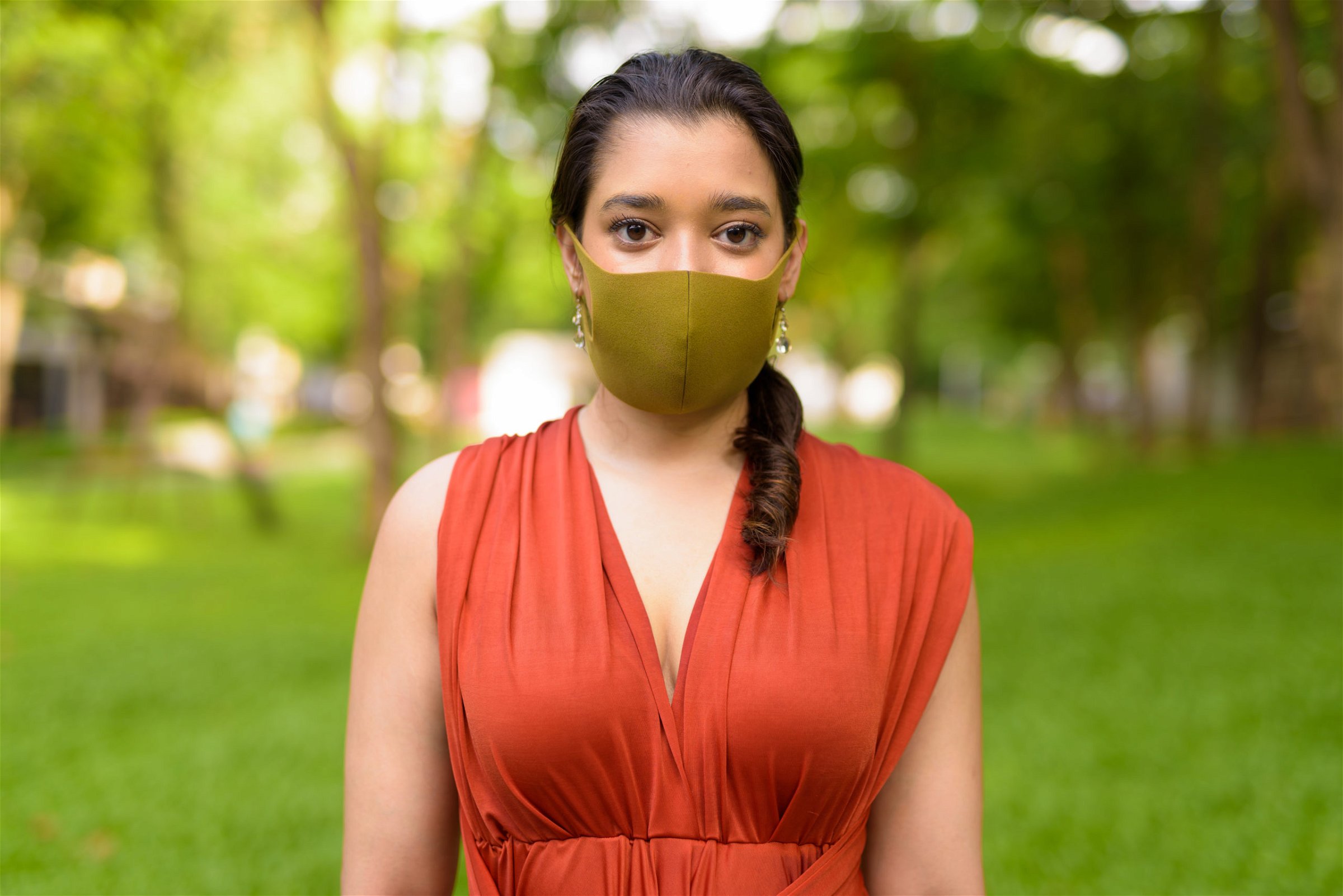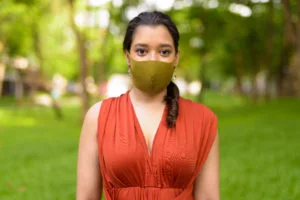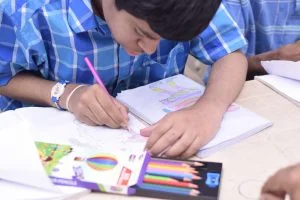Covid is causing health risks, deaths, social disturbance, and isolation worldwide. Parents find it difficult to raise their children and take care of them during this time of uncertainty.
That’s why we have compiled up a list of pointers based on WHO guidelines, to help you better support your special needs children.
- Get vaccinated:- The government has taken many initiatives to make free vaccination centers available for everyone. Please keep up to date with the protocols and get you and your child vaccinated as soon as possible.

- Remain calm:- Times are certainly confusing. While not much information has been released about the coronavirus for special needs children, the first thing to do as a parent is to remain calm. Your energy is picked by your children and those around you. Taking a step back to take in a deep breath can provide you with clarity during the uncertainty. Setting a positive mood will help you and your child.
- Identify their pressing needs:- Your child’s clinician will help you identify pressing needs. Sometimes needs, behaviors, and skills at school are different than they are at home. Make a list of your child’s basic needs and ask your child’s clinician specific questions regarding how you can help your child meet these needs.
- Educate your kids:- Unfortunately, the majority of schools across the world have remained closed due to COVID-19. Schools are trying to perform live video conferencing for classrooms, create pre-recorded videos, and interact with children with disabilities through phone calls. While this will prove challenging to some parents, the continuance of education for his or her special needs child is well worth the time.
- Create healthy routines:- Covid is responsible for disrupting previously established routines, so create new routines for your family. This can help your immune system feel more secure and understand what is expected of it. This can also be an important way to introduce new behaviors — such as handwashing or behaviors in line with social distancing — into daily habits.
- Connect with other parents and children:- We will be practicing physical social distancing, but this doesn’t mean we have to be alone or disconnected. For your own sanity, connect with other parents to talk about what activities, games, and strategies seem to work for dealing with this extended school break.
- Encourage them to talk about their feelings:- Children with disabilities often experience feelings of social isolation from their peers, and social distancing policies associated with COVID-19 may amplify these feelings. Give your child opportunities to discuss these feelings and brainstorm ways for your child to interact with others through texting, phone calls, and video chatting, and other virtual platforms.
- Check-in with your child’s healthcare provider:- If your child has a chronic or acute medical condition, talking with the healthcare provider can guide decisions about how to access needed equipment, supplies, medications, etc., and whether it is best to visit a healthcare facility or stay at home. Read more about this here
Bonus Tip!
Take care of yourself:- Alway remember that your physical and mental health is important, too! Taking care of yourself is key to helping you continue taking care of others during the pandemic. Try to eat healthy, regular meals, exercise, and get enough sleep. Finding others to speak to, whether face to face or by phone or video also can help relieve stress and cause you to feel less alone.
Here are some useful links that you should keep up with from time to time :-




